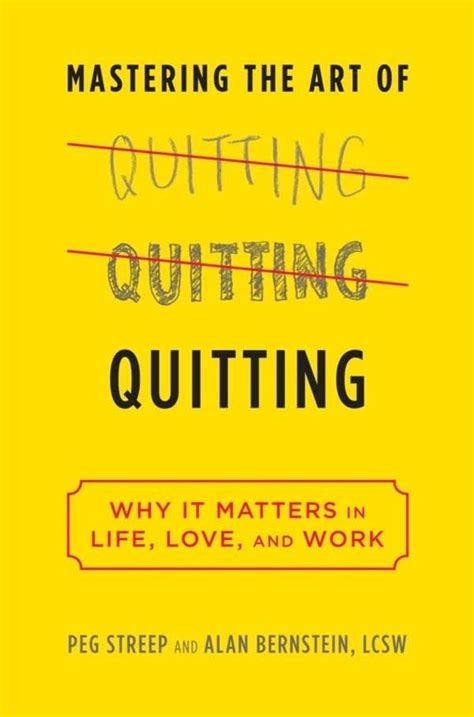Mastering The Art Of Quitting: Best Ways To Resign In English

Quitting a job can be a daunting task, but it is sometimes necessary for personal or professional growth. It is crucial to resign in a professional and respectful manner to maintain good relationships with your employer and colleagues. In this post, we will discuss the best ways to resign in English, including tips for preparing for the conversation, crafting a resignation letter, and handling the aftermath.
Preparing for the Conversation
Before you resign, there are a few things you should consider to ensure a smooth transition:
- Reflect on your decision: Take some time to reflect on your decision to resign. Consider what led you to this point and what your goals are for the future. This will help you communicate your decision more clearly to your employer.
- Choose the right time: Choose a time to speak with your employer when they are not too busy or stressed. This will show that you respect their time and give them the opportunity to ask any questions or discuss any concerns they may have.
- Prepare what you will say: Prepare a clear and concise statement that explains your decision to resign. Be honest but professional and avoid blaming anyone or anything for your decision.
Crafting a Resignation Letter
A resignation letter is a formal document that confirms your decision to resign and provides details about your departure. It is important to write a clear and professional resignation letter to maintain good relationships with your employer and colleagues. Here are some tips for crafting a resignation letter:
- Use a professional tone: Use a professional tone and avoid emotional language or negative comments.
- Be specific: Be specific about your departure date and provide details about your transition plan.
- Express gratitude: Express gratitude for the opportunities you had at the company and the support you received from your colleagues.
- Offer to help: Offer to help with the transition process and provide contact information for future communication.
Handling the Aftermath
After you resign, there are a few things you should do to ensure a smooth transition:
- Stay professional: Maintain a professional attitude and avoid negative comments or actions that may damage your reputation.
- Complete your tasks: Complete your tasks and assist with the transition process to ensure a smooth handover.
- Stay in touch: Stay in touch with your colleagues and employer to maintain your professional network.
Conclusion
Quitting a job can be a difficult decision, but it can also be an opportunity for personal or professional growth. By following these tips for resigning in English, you can ensure a professional and respectful departure that maintains good relationships with your employer and colleagues.
FAQs
What should I include in my resignation letter?
You should include your departure date, details about your transition plan, and expressions of gratitude for the opportunities you had at the company. You can also offer to help with the transition process and provide contact information for future communication.
When is the best time to resign?
The best time to resign is when your employer is not too busy or stressed. This will show that you respect their time and give them the opportunity to ask any questions or discuss any concerns they may have.
Should I tell my colleagues that I am resigning?
It is a good idea to inform your colleagues that you are resigning. This will allow them to prepare for your departure and maintain good relationships with them in the future.
How should I handle negative reactions from my employer or colleagues?
If you encounter negative reactions from your employer or colleagues, it is important to stay professional and avoid reacting emotionally. Try to understand their concerns and address them calmly and professionally.
